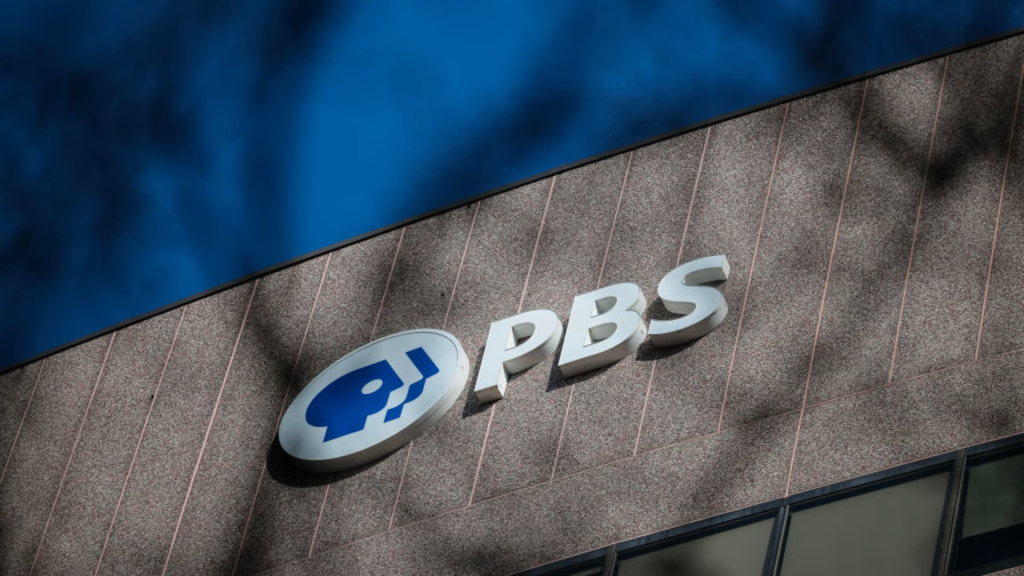The leaders of NPR and PBS are actively exploring legal avenues to contest President Trump’s recent executive order aimed at terminating public funding for news and media organizations. This directive has raised significant concerns among these public service entities.
NPR CEO Katherine Maher stated on the CBS program “Face the Nation” that the organization is examining its available options, though she suggested that it may be premature to outline specific legal strategies. “We’re looking at whatever options are available to us,” she noted.
PBS CEO Paula Kerger expressed her alarm over the unprecedented nature of the situation, stating, “We have never seen a circumstance like this and obviously we’re going to be pushing back very hard.”
As reported by the New York Times, more than 135 lawsuits have been initiated since May 2 in an effort to temporarily halt various executive orders from the Trump administration, which address issues ranging from federal job cuts to immigration policies and tariffs.
Maher highlighted that the proposed funding reductions would disproportionately affect local stations and their audiences. NPR comprises 246 member stations and provides coverage through 200 newsrooms scattered across all states.
Kerger pointed out that PBS derives approximately 15% of its funding from federal sources overall; however, smaller stations in less populated areas can depend on public funding for up to 40% to 50% of their budgets. She emphasized that these stations face an existential threat if this funding is eliminated.
The executive order may also disrupt PBS’s funding from the Department of Education, jeopardizing a long-standing partnership that has supported the development of educational programming for children, including iconic shows like “Sesame Street” and “Mister Rogers’ Neighborhood.”
“Half of the kids in this country are not enrolled in formal pre-K,” Kerger observed. “That’s why programming for children on public television was created.”
She warned that ongoing projects would experience immediate setbacks, stating, “We work directly with preschool providers and parents, and this funds those activities, so the immediate impact would be fairly significant.”


























